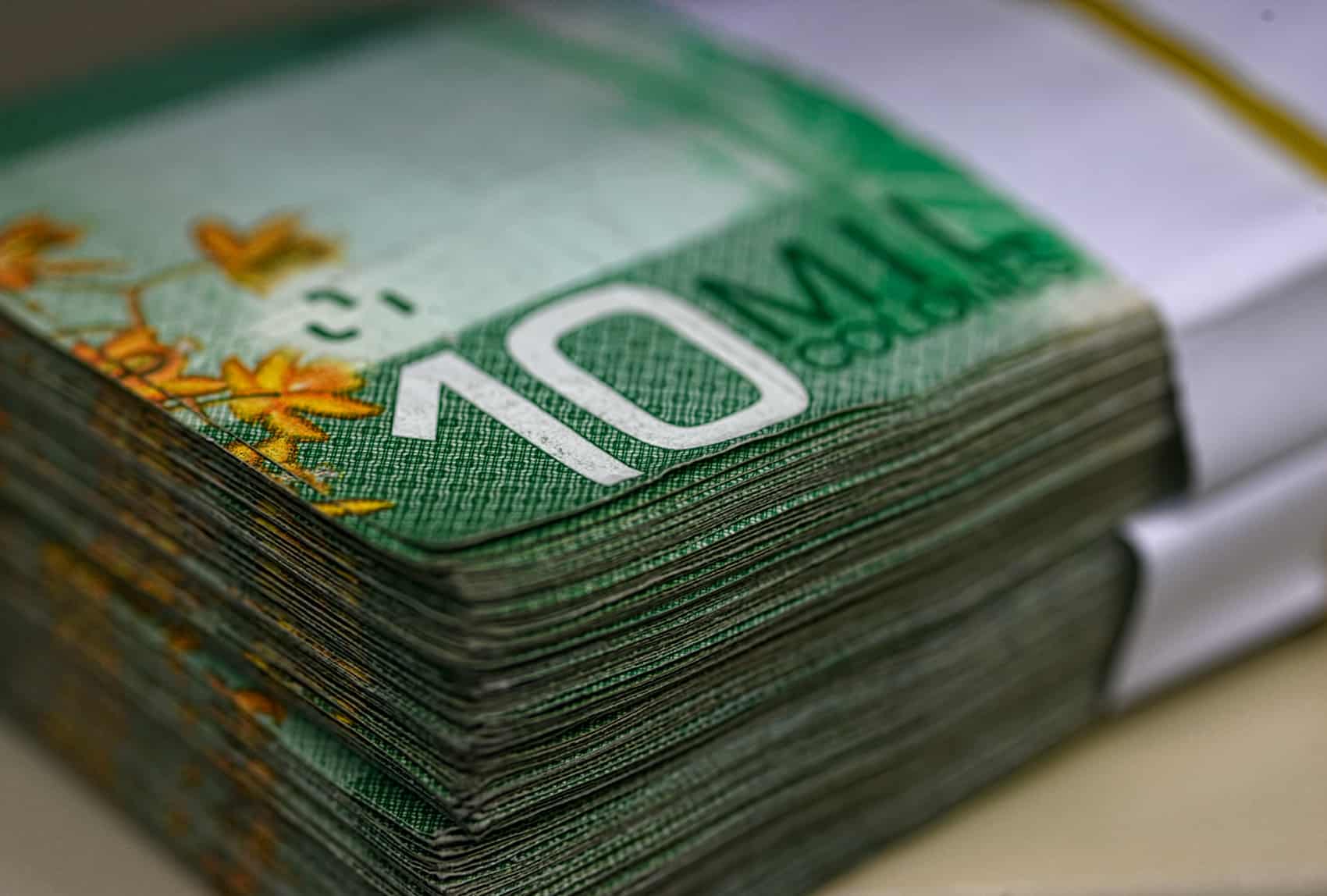Related: Costa Rica criticized for lack of oversight of money laundering in the real estate sector
Costa Rica’s going under the magnifying glass for the next two weeks as international money laundering experts comb through the country’s books. President Luis Guillermo Solís declared the audit from the Financial Action Task Force of Latin America (GAFILAT) a subject of national interest in Monday’s edition of the official newspaper, La Gaceta.
The audit comes as Costa Rica tries to maintain its improving record on financial transparency after the largest alleged money laundering operation in history – the $6 billion Liberty Reserve – was shuttered in May 2013.
This is not Costa Rica’s first audit from the Latin American organization. In 2006, Costa Rica underwent its first GAFILAT review, and in 2007, a 40-point action plan was presented to the country for how it could improve its efforts to combat money laundering. GAFILAT is made up of Argentina, Bolivia, Brazil, Chile, Colombia, Ecuador, Paraguay, Peru and Uruguay. Costa Rica and Panama joined in 2010.
Guillermo Araya, director of the Costa Rican Drug Institute, which is tasked with money laundering investigations, said that Costa Rica has complied with the 2007 action plan, and the 2015 audit will help identify additional areas for improvement.
“It’s a challenge, but it’s also an opportunity for the country to strengthen its control and follow up on fiscal transparency,” Araya told The Tico Times outside the welcoming ceremony at Casa Presidencial on Monday.
Araya said that money laundering went beyond just drug trafficking, bleeding into human and arms trafficking as well.
Jaime Murillo, representative for the Costa Rican Banking Association (ABC), acknowledged that Costa Rica has much to overcome when it comes to money laundering.
“Unfortunately, many recent international studies have placed Costa Rica among the main countries for money laundering in Central America,” he said.
Murillo noted that the country’s famous tourism sector was especially vulnerable to money laundering activities, including casinos and real estate, as well as online gaming and sports booking operations. Casa Presidencial released a statement adding that alternative currencies, like Bitcoin, would also be under scrutiny.
The ABC representative added that poor scores for the country’s fiscal transparency could make the country appear more risky to investors and contribute to higher interest rates from international lenders.
Washington, D.C.-based Global Financial Integrity, which tracks illicit capital flows, released a December 2014 report (see PDF here) ranking Costa Rica as the 10th largest exporter of illicit financial outflows in 2012, at an estimated $21.5 billion. Between 2003 and 2012, GFI estimated that an annual average of more than $9 billion moved out of Costa Rica illegally.
Costa Rica cleared the Organization for Economic Co-operation and Development tax haven blacklist in 2011. OECD reported at the time that Costa Rica’s fiscal transparency practices met international standards. Following the Liberty Reserve case, however, the country was once again listed as a tax haven by the French government in 2013.
Araya said that Costa Rica had sharpened its law enforcement and investigative operations since Liberty Reserve, including better monitoring and inter-departmental communication, but added that “new kinds of crimes” like this required constant training and vigilance.
Preliminary results are expected by Jan. 30, with a full report by July.
See also: 3 Quepos bank employees arrested on money laundering charges






